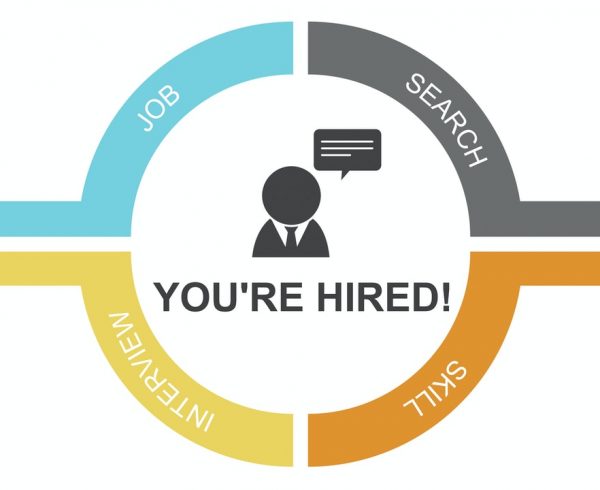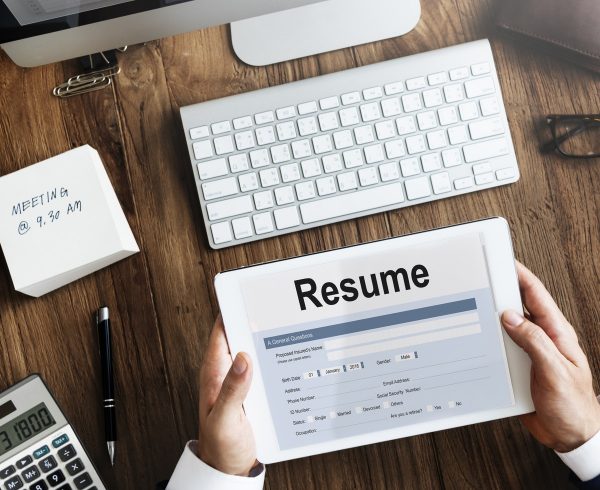Let’s face it; even the perfect job can have less than ideal aspects. That’s why it’s so important to determine your deal-breakers before you progress to the interview and hiring stage.
Your deal breakers will help you identify your negotiables and non-negotiables before you have to respond in a high-pressure situation with an answer you may later regret.
Not sure what your deal-breakers are? Here are some of the popular ones we hear from job seekers.
1. No opportunity for advancement
If you want to advance your career, then it’s important to gauge whether there are opportunities to grow within an organisation.
The first step is to define your career goals (make sure they’re realistic) and determine the opportunities you would like for growth, whether it be promotions, increasing responsibilities, further education or financial rewards. Take a look with fresh eyes and decide on what would you be happy to negotiate on should the right job present itself? What are you unwilling to negotiate on?
2. Gender gaps and age variances
Some candidates can find workplace demographics a major deal-breaker. Gender gaps within organisations often hint at limitations for advancement and equal pay. Similarly, generation gaps can hint at biases and future communication barriers.
If demographics are likely to concern you, the interview can be a great opportunity to ask clarifying questions like what the generation breakdown is and what ratio is of men and women in senior roles.
3. Time expectations
Some employers expect workers to put in late hours and work weekends regularly or when the time calls for it. This can be a deal-breaker for many who value work/life balance, want more time with their families or need to fulfil their carer responsibilities.
Determine where you stand on the matter before the question arises. Are late nights and weekends alright sometimes or are they completely off the table?
4. Location and travel
Interviews are often held at a different location to where you would be working. How far are you willing to travel for the right job? Do you have a preference for what office you work in? What about travelling? Are you prepared to travel interstate or internationally for work? How frequently are you willing to travel?
5. Flexibility
A working environment with little to no flexibility can be a deal-breaker for many, particularly for those with a young family. Are flexible hours and work from home opportunities a non-negotiable for you or are you happy to live without them?
6. Salary
Perhaps one of the biggest deal-breakers is around salary. Once you have researched what the industry is paying, you need to decide what the lowest salary you would be willing to take is. We call this important step ‘creating your salary floor’. This will help you establish clear boundaries on what you will and won’t accept. It will also help you evaluate clearly when additional benefits, bonuses or incentives and other perks are presented to “sweeten the deal”.
7. A “bad feeling” or inappropriate interview questions
The interview is a key time to establish a connection with a prospective employer or manager and determine the kind of person they are. During the interview, you can gauge an employers’ level of compassion, approachability, expectation, empathy and self-awareness – or lack thereof.
Unsurprisingly, a “bad feeling” at interview or inappropriate and unprofessional interview questions are popular deal breakers. An interview is like a first date, a meeting where everyone is (or at least should be) on their best behaviour. If you are picking up negative or inappropriate signals in the interview, you can be sure that they will get worse when you are working for the company.
Now, over to you. What are the deal-breakers that will help you evaluate whether a job is a right fit for you?







